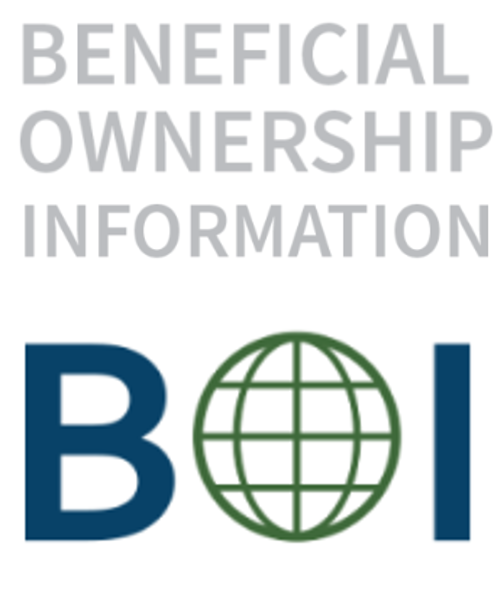As of February 8, 2025, the enforcement of the Corporate Transparency Act (CTA), which mandates the reporting of Beneficial Ownership Information (BOI) to the Financial Crimes Enforcement Network (FinCEN), is temporarily suspended due to ongoing legal proceedings. A federal court order has halted the implementation of the CTA, meaning that companies are not currently obligated to submit BOI reports and will not face penalties for non-compliance during this period. Despite this suspension, businesses have the option to voluntarily file their BOI reports through FinCEN’s E-Filing system.
Background on the Corporate Transparency Act
The CTA was enacted to enhance transparency and combat illicit financial activities by requiring certain entities to disclose information about their beneficial owners. Initially, entities created or registered before January 1, 2024, were required to file their initial BOI reports by January 1, 2025. However, the current injunction has suspended these deadlines, and the registration of beneficial ownership information remains voluntary at this time.
Who Is Affected?
The CTA’s reporting requirements apply to a broad range of entities, including corporations, limited liability companies (LLCs), and other similar entities created or registered to do business in the United States. There are specific exemptions, such as publicly traded companies, banks, and certain tax-exempt organizations. Entities should assess their status to determine whether they are subject to BOI reporting requirements or qualify for an exemption.
Required Information
When the reporting requirements are in effect, entities will need to provide FinCEN with specific information about each beneficial owner, including:
- Full Legal Name: The complete name of the beneficial owner.
- Date of Birth: The individual’s birth date.
- Current Address: The residential or business address of the beneficial owner.
- Unique Identifying Number: This can be from an unexpired U.S. driver’s license, passport, or other government-issued identification.
Additionally, the reporting company must provide its own information, such as legal name, any trade names or “doing business as” (DBA) names, principal business address, state or jurisdiction of formation, and Employer Identification Number (EIN).
Compliance and Penalties
While the enforcement of BOI reporting requirements is currently on hold, it is crucial for entities to stay informed about the status of these obligations. Once the legal uncertainties are resolved and the requirements are reinstated, failure to comply could result in significant penalties, including fines and potential criminal charges. Therefore, businesses should be prepared to gather and report the necessary information promptly when required.
Staying Informed
FinCEN continues to provide updates and guidance on BOI reporting requirements. Businesses are encouraged to consult FinCEN’s official communications and seek legal advice to ensure compliance once the legal uncertainties are resolved. Staying proactive and informed will help entities navigate these obligations effectively and avoid potential pitfalls.
In summary, while the current legal injunction has temporarily suspended the enforcement of the Corporate Transparency Act’s BOI reporting requirements, entities should remain vigilant and prepared for potential changes. By staying informed and ready to comply, businesses can ensure they meet their obligations under the law once enforcement resumes.

 Economics1 week ago
Economics1 week ago
 Accounting1 week ago
Accounting1 week ago
 Blog Post4 days ago
Blog Post4 days ago
 Economics1 week ago
Economics1 week ago
 Personal Finance1 week ago
Personal Finance1 week ago
 Economics6 days ago
Economics6 days ago
 Personal Finance1 week ago
Personal Finance1 week ago
 Finance1 week ago
Finance1 week ago





















